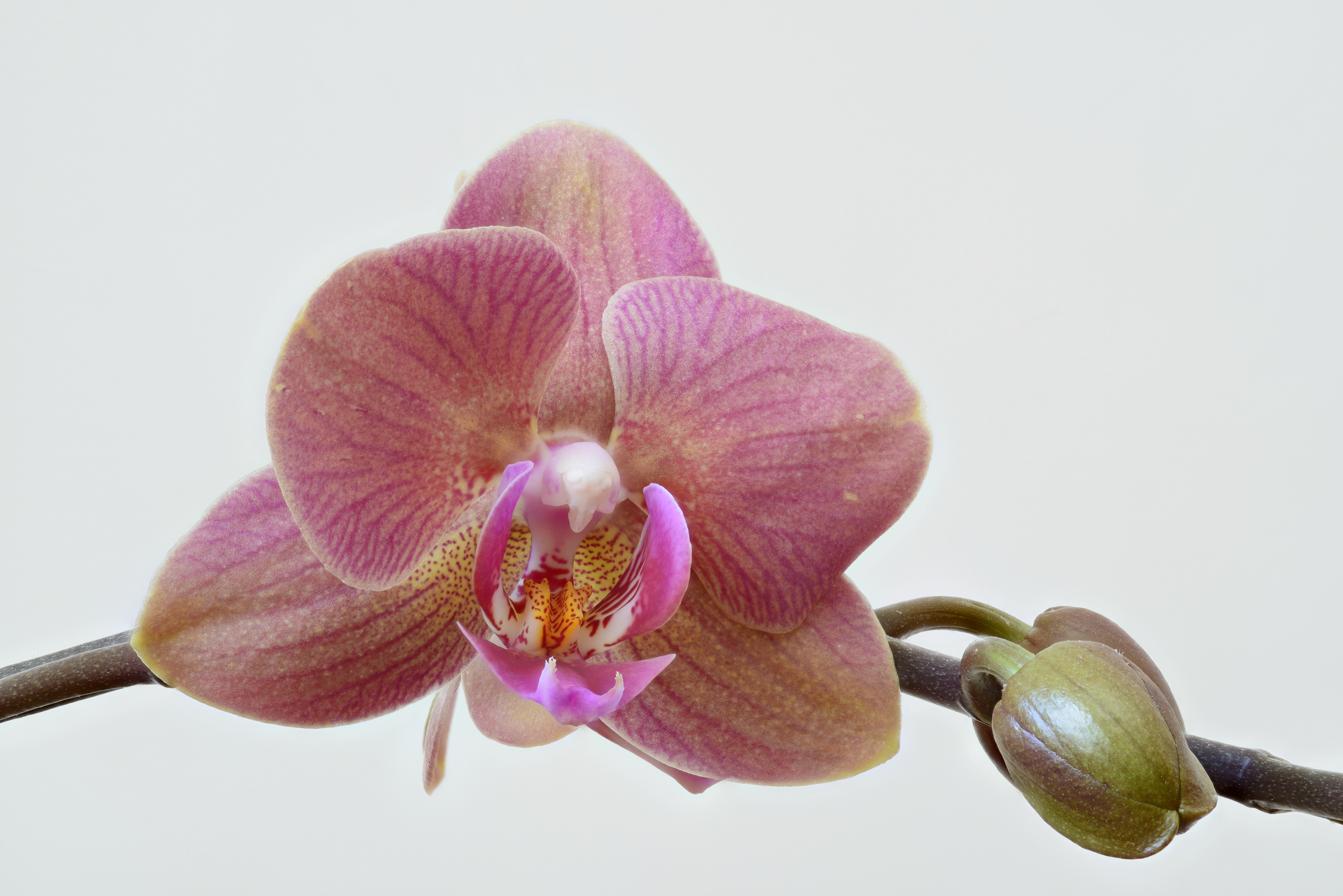|
Coelogyne Breviscapa
''Coelogyne breviscapa'' is a species of orchid in the genus ''Coelogyne ''Coelogyne'' is a genus of 594 species, which are sympodial epiphytes from the family Orchidaceae, distributed across India, China, Indonesia and the Fiji islands, with the main centers in Borneo, Sumatra and the Himalayas. They can be found fro ...''. It is a small epiphytic/lithopytic orchid that grows in humid environments in the Western Ghats of India, and in Sri Lanka. References breviscapa Orchids of India Orchids of Sri Lanka Plants described in 1854 Taxa named by John Lindley {{Epidendroideae-stub ... [...More Info...] [...Related Items...] OR: [Wikipedia] [Google] [Baidu] |
John Lindley
John Lindley Fellow of the Royal Society, FRS (5 February 1799 – 1 November 1865) was an English botanist, gardener and orchidology, orchidologist. Early years Born in Old Catton, Catton, near Norwich, England, John Lindley was one of four children of George and Mary Lindley. George Lindley was a nurseryman and pomologist and ran a commercial nursery garden. Although he had great horticultural knowledge, the undertaking was not profitable and George lived in a state of indebtedness. As a boy he would assist in the garden and also collected wild flowers he found growing in the Norfolk countryside. Lindley was educated at Norwich School. He would have liked to go to university or to buy a commission in the army but the family could not afford either. He became Belgium, Belgian agent for a London seed merchant in 1815. At this time Lindley became acquainted with the botanist William Jackson Hooker who allowed him to use his botanical library and who introduced him to Sir Joseph ... [...More Info...] [...Related Items...] OR: [Wikipedia] [Google] [Baidu] |
Orchid
Orchids are plants that belong to the family Orchidaceae (), a diverse and widespread group of flowering plants with blooms that are often colourful and fragrant. Orchids are cosmopolitan plants that are found in almost every habitat on Earth except glaciers. The world's richest diversity of orchid genera and species is in the tropics. Orchidaceae is one of the two largest families of flowering plants, the other being the Asteraceae. It contains about 28,000 currently accepted species in 702 genera. The Orchidaceae family encompasses about 6–11% of all species of seed plants. The largest genera are '' Bulbophyllum'' (2,000 species), '' Epidendrum'' (1,500 species), '' Dendrobium'' (1,400 species) and '' Pleurothallis'' (1,000 species). It also includes '' Vanilla'' (the genus of the vanilla plant), the type genus '' Orchis'', and many commonly cultivated plants such as '' Phalaenopsis'' and '' Cattleya''. Moreover, since the introduction of tropical species into cu ... [...More Info...] [...Related Items...] OR: [Wikipedia] [Google] [Baidu] |
Coelogyne
''Coelogyne'' is a genus of 594 species, which are sympodial epiphytes from the family Orchidaceae, distributed across India, China, Indonesia and the Fiji islands, with the main centers in Borneo, Sumatra and the Himalayas. They can be found from tropical lowland forests to montane rainforests. A few species grow as terrestrials or even as lithophytes in open, humid habitats. The genera ''Bolborchis'' Lindl., ''Hologyne'' Pfitzer and ''Ptychogyne'' Pfitzer are generally included here. The genus is abbreviated ''Coel.'' in trade journals. Description Vegetative characteristics ''Coelogyne'' are mostly epithytic, sympodial, pseudobulbous,Teoh, E.S. (2021)''Coelogyne'' Lindl..In: Orchid Species from Himalaya and Southeast Asia Vol. 1 (A - E). Springer, Cham. rhizomatous herbs with pendulous or creeping rhizomes''Coelogyne'' in Flora of China @ efloras.org. (n.d.). Retrieved January 19, 2025, from http://www.efloras.org/florataxon.aspx?flora_id=2&taxon_id=107571 and thin roots. ... [...More Info...] [...Related Items...] OR: [Wikipedia] [Google] [Baidu] |
Orchids Of India
Orchids are plants that belong to the family Orchidaceae (), a diverse and widespread group of flowering plants with blooms that are often colourful and fragrant. Orchids are cosmopolitan plants that are found in almost every habitat on Earth except glaciers. The world's richest diversity of orchid genera and species is in the tropics. Orchidaceae is one of the two largest families of flowering plants, the other being the Asteraceae. It contains about 28,000 currently accepted species in 702 genera. The Orchidaceae family encompasses about 6–11% of all species of seed plants. The largest genera are ''Bulbophyllum'' (2,000 species), ''Epidendrum'' (1,500 species), ''Dendrobium'' (1,400 species) and ''Pleurothallis'' (1,000 species). It also includes ''Vanilla'' (the genus of the vanilla plant), the type genus ''Orchis'', and many commonly cultivated plants such as ''Phalaenopsis'' and ''Cattleya''. Moreover, since the introduction of tropical species into cultivation in th ... [...More Info...] [...Related Items...] OR: [Wikipedia] [Google] [Baidu] |
Plants Described In 1854
Plants are the eukaryotes that form the Kingdom (biology), kingdom Plantae; they are predominantly Photosynthesis, photosynthetic. This means that they obtain their energy from sunlight, using chloroplasts derived from endosymbiosis with cyanobacteria to produce sugars from carbon dioxide and water, using the green pigment chlorophyll. Exceptions are parasitic plants that have lost the genes for chlorophyll and photosynthesis, and obtain their energy from other plants or fungi. Most plants are multicellular organism, multicellular, except for some green algae. Historically, as in Aristotle's biology, the plant kingdom encompassed all living things that were not animals, and included algae and fungi. Definitions have narrowed since then; current definitions exclude fungi and some of the algae. By the definition used in this article, plants form the clade Viridiplantae (green plants), which consists of the green algae and the embryophytes or land plants (hornworts, liverworts ... [...More Info...] [...Related Items...] OR: [Wikipedia] [Google] [Baidu] |

